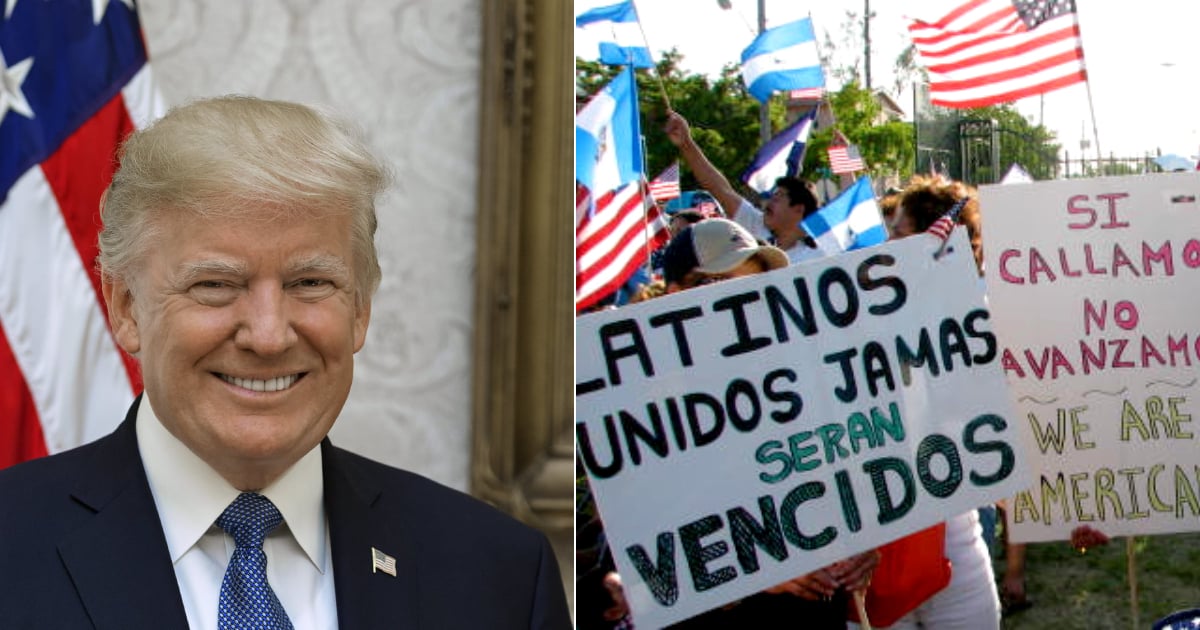The Latino community in the United States, a rapidly growing and increasingly influential political force, played a crucial role in Donald Trump's recent win in the 2024 presidential election. Unlike in previous years, the Latino vote did not overwhelmingly favor the Democratic Party, enabling the former president to secure key states and make his return to the White House.
Out of the 65 million Latinos living in the country, over 36 million were eligible to vote, making them the fastest-growing ethnic group since the 2020 elections, according to data from Europa Press.
Impact on Swing States
This support was pivotal in battleground states such as Pennsylvania, where Trump increased his Latino backing from 27 percent four years ago to an impressive 42 percent in this election. The surge in Hispanic support was also evident in other states within the so-called "blue wall," including Michigan and Wisconsin, as well as in southern states like Texas and Florida, according to preliminary results and exit polls.
In Michigan, Latino support reached 60 percent, compared to 44 percent in the previous election, while in Wisconsin, it climbed to 38 percent, nearly matching the 37 percent from four years prior.
Significant Gains in Latino-Majority Areas
The trend also held in Texas and Florida, particularly in majority-Latino counties such as Hidalgo and Cameron, where Trump saw significant increases in support. In Hidalgo, Trump's backing rose from 40 percent in 2020 to 49 percent, while in Cameron, it increased from 42 to 53 percent. In Miami-Dade County, Florida, he achieved 58 percent, up from 46 percent in the last election.
Indeed, the winner garnered remarkable support from Cuban-American voters in Miami-Dade, marking a "historic high," as noted by a survey from Florida International University (FIU).
Appeal to Latino Concerns
Trump managed to capture the Latino vote by addressing sensitive issues such as the economy and border security, resonating with the widespread dissatisfaction among voters regarding the current state of the country. Despite the contentious nature of his immigration agenda, which stirs fear among millions, Republican Senator Marco Rubio emphasized in a Telemundo interview that Trump's policies focus on security and preventing criminal entry, highlighting the need to improve conditions at the southern border.
Ultimately, Trump's victory signifies not just an electoral win but also a fracture within the Democratic coalition. Faced with a deeply divided electorate, the Democrats, led by Kamala Harris this time, face a critical challenge in reclaiming Latino support and uniting a discontented base that views Trump as a beacon of change.
